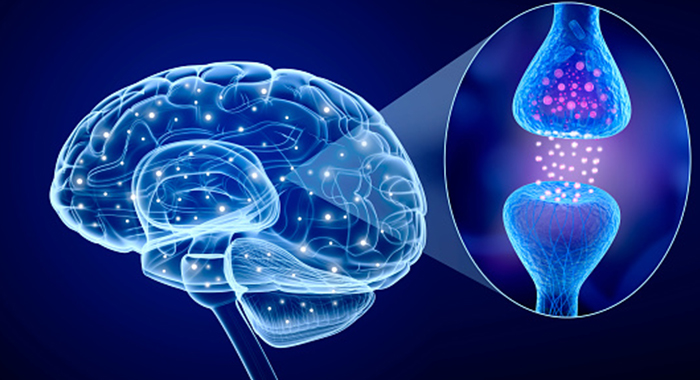Parkinson’s Disease: New Effective Natural Treatment for Parkinson’s Disease On The Horizon
Source: Parkinson's Disease Jun 05, 2020 5 years, 7 months, 2 weeks, 2 days, 11 hours ago
Parkinson’s Disease: Medical researchers from McLean Hospital in Massachusetts in collaboration with scientists at Nanyang Technical University, Singapore have identified two molecules naturally produced by the body that stimulate the production of dopamine, the molecule that is in short supply in the brains of patients with Parkinson’s disease.

The researchers say that stimulating dopamine production may help reverse the progression of Parkinson’s disease.
The research findings were published in the journal
Nature Chemical Biology.
https://www.nature.com/articles/s41589-020-0553-6
The research team designed the study based on the knowledge that a protein called Nurr1 is key for maintaining the health of neurons that produce dopamine, which helps control a person’s movements and emotions. It is thought that decreased Nurr1 effectiveness may lead to a decrease in dopamine levels, which then results in the development of Parkinson’s disease.
Senior author Dr Kwang-Soo Kim, PhD, director of the Molecular Neurobiology Lab at McLean Hospital and a Professor of Psychiatry at Harvard Medical School told Thailand Medical News, “We thought that small molecules that can activate Nurr1 may be promising drug candidates to treat Parkinson’s disease. After many years of research, we found three FDA-approved drugs that bind to Nurr1 and activate it. This finding prompted us to hypothesize that there may be natural molecules such as endogenous ligands that also bind to Nurr1 but do not have side effects.”
Upon searching for such molecules in various tissues from mice, the researchers found hormone-like compounds called prostaglandin A1 and E1 as promising candidates that bound to and activated the Nurr1 protein.
The study team also created a model depicting the structure of these molecules when they are bound to the Nurr1 protein by performing X-ray co-crystallography and nuclear magnetic resonance studies. This information will be critical as treatment strategies that target Nurr1 are optimized.
The research scientists showed that physiological concentrations of prostaglandin A1 or E1 in the nanomolar ranges can protect dopamine neurons against neurotoxins.
Subsequently, the researchers found that when mouse models induced to develop symptoms similar to Parkinson’s disease were treated with prostaglandin A1 or E1, the animals’ motor skills and functions improved significantly without any signs of side effects, such as abnormal dyskinesia-like behavior. Analyses of the animals’ brains revealed that the treatment protected the dopamine-producing brain cells from dying and made them produce higher levels of dopamine.
Dr Kim further added, “Although we showed that these molecules can correct Parkinson’s-like symptoms in animal models in a neuroprotective manner, further studies are essential to determine whether they can work in human clinical trials.”
The team hopes that human clinical trials would be able to commence as early as the later part of this year to assess the efficacy of these new molecules in
treating
Parkinson’s Disease.
